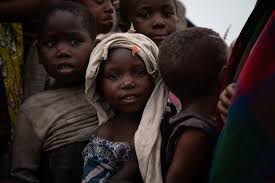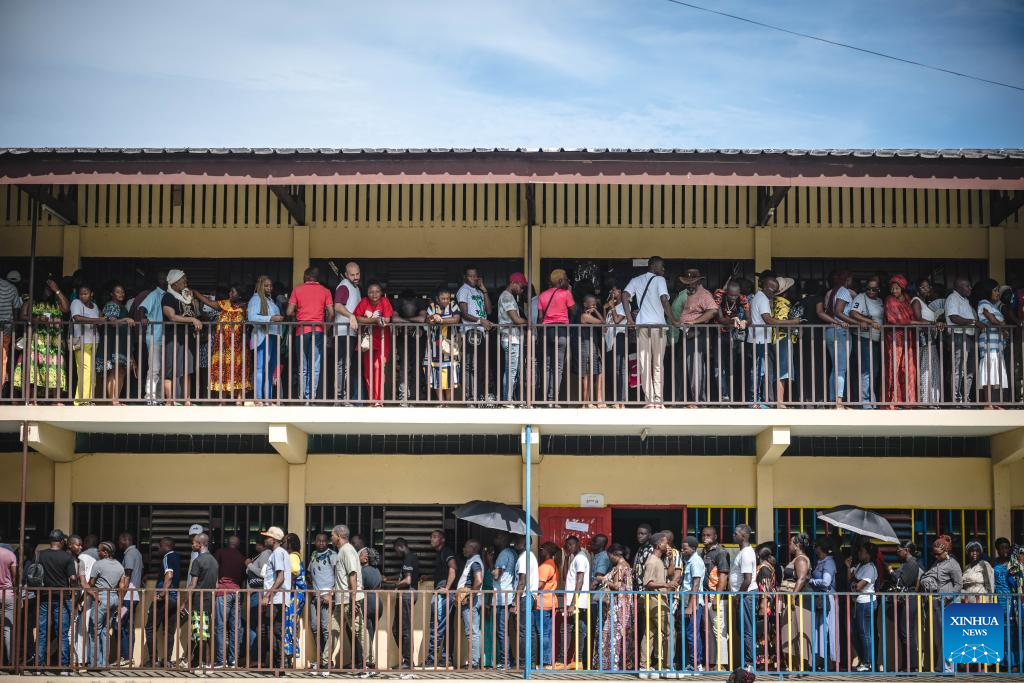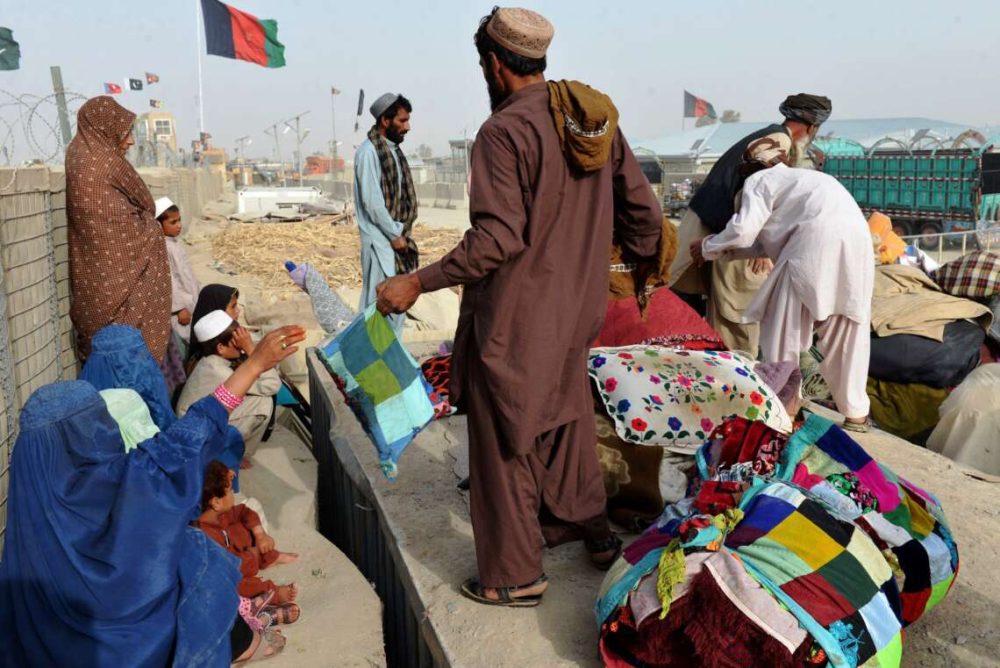Children make up between 35% to 45% of the nearly 10,000 cases of rape and sexual violence reported January and February this year, James Elder, the spokesperson for UNICEF told reporters in Geneva
Thousands of children have been subjected to rape and sexual violence in conflict-battered eastern Congo over the course of two months, the UN children’s agency said, warning that existing funding gaps meant that hundreds of thousands were deprived of protection. Children make up between 35% to 45% of the nearly 10,000 cases of rape and sexual violence reported January and February this year, James Elder, the spokesperson for UNICEF told reporters in Geneva.
“In short, based on initial data (…) a child was raped every half an hour,” Elder said. He added that UNICEF faced significant funding gaps, which threatened care for hundreds of thousands children.
“If UNICEF is unable to fill the funding gap left after programs were terminated for key humanitarian services, 250,000 children will miss out on vital services for gender-based violence and protection in armed conflict.” he added. “We have 12 weeks.”
The decades-long conflict in the central African nation of Congo escalated in January, when the M23 rebels advanced and seized the strategic eastern Congolese city of Goma, followed by the town of Bukavu in February. The fighting has killed some 3,000 people and raised the fears of a wider regional war. Sexual violence in Congo is used as “a weapon of war and a deliberate tactic of terror,” Elder said on Thursday. “We are not talking about isolated incidents; we are talking about a systemic crisis.” The warning came as Congo’s government and Rwanda-backed rebels were meeting i n the Gulf Arab state of Qatar for much-anticipated talks in a renewed push for peace in the conflict-battered eastern Congo, where the insurgents have seized vast territory.
M23 is one of about 100 armed groups that have been vying for a foothold in mineral-rich eastern Congo near the border with Rwanda, in a conflict that has created one of the world’s most significant humanitarian crises. More than 7 million people have been displaced. The rebels are supported by about 4,000 troops from neighboring Rwanda, according to U.N. experts, and at times have vowed to march as far as Congo’s capital, Kinshasa, about 1,600 kilometers (1,000 miles) to the east.Meanwhile, the UN refugee agency has stated that more than 41,000 refugees have crossed from the Democratic Republic of the Congo (DRC) into Uganda since January, many of them having witnessed killings, “sexual violence and other traumatic experiences during their flight”.
The fighting in the eastern Democratic Republic of the Congo (DRC) between Rwanda-backed M23 rebels and Congolese troops has claimed many lives and forced even more families from their homes.
According to a UN report released on Tuesday, approximately 600 Congolese people have been crossing the border into Uganda each day since the end of last month. Uganda, which has the largest number of refugees in Africa, is currently sheltering nearly 600,000 refugees, out of a total of 1.8 million in the region.
“This risks overwhelming the country’s capacity, as it also responds to the needs of over 70,000 Sudanese refugees who have arrived fleeing the two-year-long war in Sudan. Transit is overwhelmed, with Uganda’s Nyakabande, one of the main transit centres, reaching six times its capacity,” said the United Nations High Commissioner for Refugees (UNHCR).
The agency further stated that many of the new arrivals – mostly women and children – came by foot or local transport, while there have been “increasing reports of men travelling separately from their families to avoid being forcibly recruited by armed groups.”
Children are especially vulnerable, often arriving in a weakened condition due to a high prevalence of malaria and malnutrition, according to the UNHCR. The funding shortfall is seriously affecting the humanitarian response, forcing the UNHCR to reduce some standard protection services, such as legal aid for refugees, in order to focus on the most urgent needs.
“While the Ugandan authorities, UNHCR, and partners are working to strengthen support to the newly arrived refugees, vital services across the country have had to be deprioritised, including health facility closures and the loss of some 250 health workers,” UNHCR added.
A report from the UN Human Rights Council, released on April 1, reveals that civilians in the Democratic Republic of the Congo (DRC) are still suffering greatly due to ongoing violence. In North and South Kivu, there were 602 reported victims of extrajudicial or summary executions within a single two-month period.
Last week, the UN Office for the Coordination of Humanitarian Affairs (OCHA) warned that ongoing violence in North and South Kivu in the Democratic Republic of the Congo (DRC) continues to kill, injure, and displace civilians.









